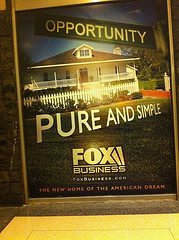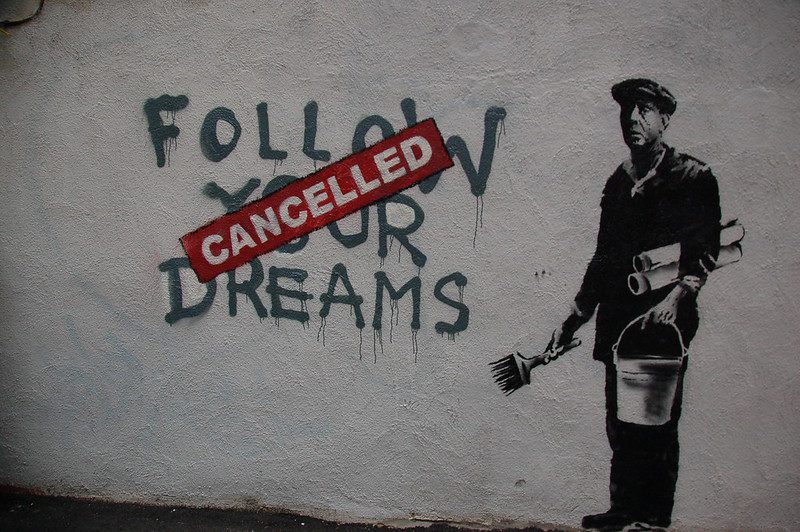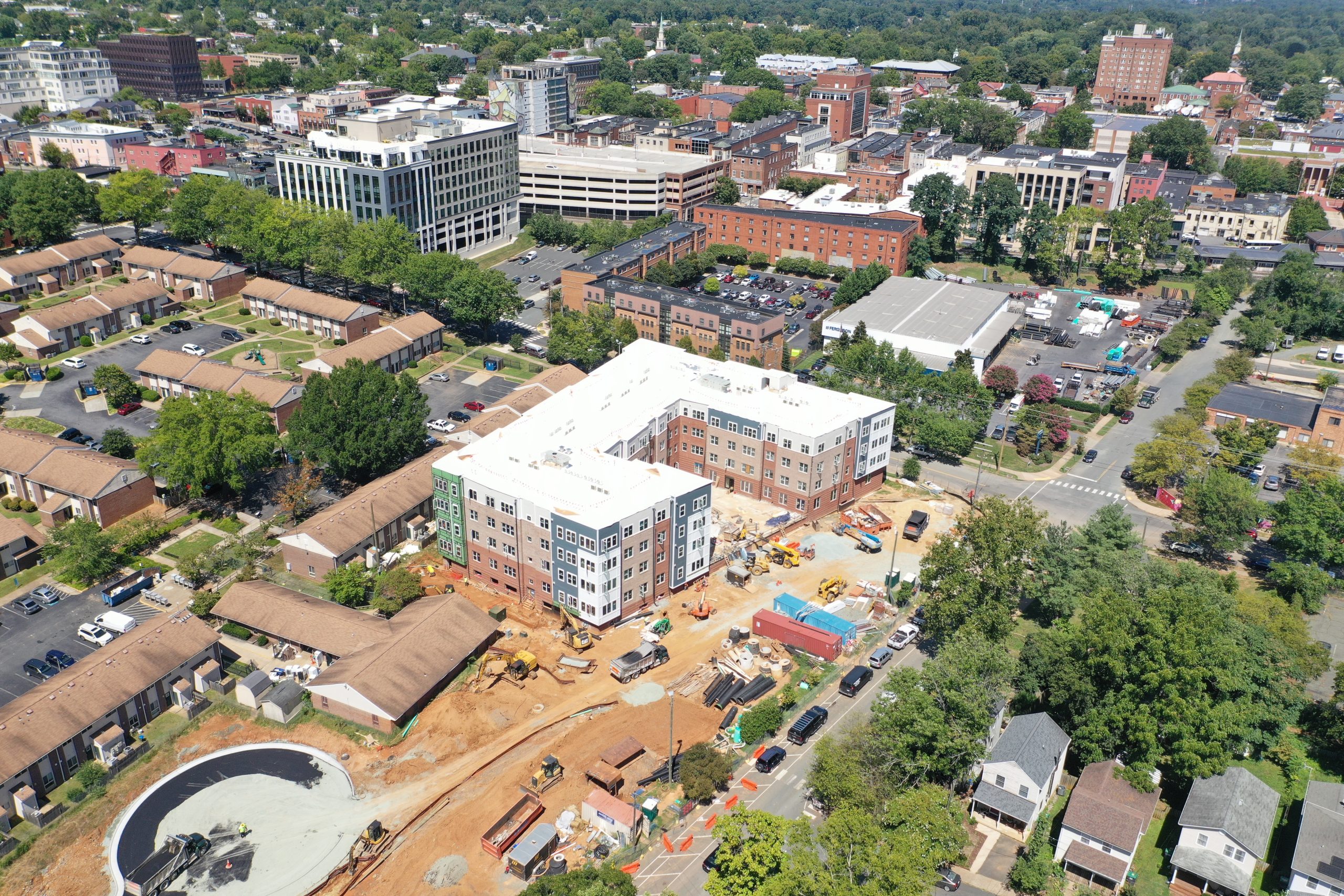Homeownership in the U.S. has long been associated with a wide range of positive outcomes–from investment potential to social stability to personal well-being. But where did these associations come from, and how they have been communicated and reproduced over time and across different segments of society?
I recently conducted some research examining not the benefits of homeownership themselves, but beliefs in those benefits. I asked: how was homeownership portrayed to the American public in the 20th and early 21st centuries, and what effect does the adoption of positive beliefs about homeownership have on renters’ intentions to buy a home? How do these beliefs compare across different demographic and socio-economic characteristics, and how strong are they compared to potential barriers to homeownership?
This week and next I’ll describe my research and its findings, focusing first on the origins of commonly-held beliefs about homeownership, as communicated through media and political rhetoric over the last century.
Messages extolling the benefits of homeownership were common in the public discourse throughout the 20th and early 21st centuries, appearing in newspaper and magazine articles, print advertisements, popular novels, movie and television programs, and public and political speeches. The types of benefits described in these messages include everything from personal freedom and self-determination, social equality and inclusion, personal and economic success, and a better quality of life.
Newspaper articles from the 1990s, for example, characterized owning as “the primary means of wealth creation for most Americans” (Homeland, July 15, 1995, p. 1) and “the greatest tool for the family in having assets” (Deseret News, June 20, 1999, p. B2). An article from the early 1900s stated, “Owning a home raises one in the estimation of his neighbors and associates. . . . Nothing gives a man a better standing in a community than the fact that he is a house-holder, a payer of taxes on real estate” (Hutchinson News, November 24, 1916, p. 13).
Political rhetoric referred to these benefits as well: President Hoover stated “Home owning is more than the provision of domiciles; it goes to the roots of family life, public morals and standards of living” (Message to the Annual Convention of Building and Loan Associations, August 13, 1931). More than 80 years later, President Obama called homeownership “the heart of what it means to be middle-class in America” (Remarks at the James Lee Community Center in Falls Church, Virginia, February 1, 2012).
A dominant and recurring theme running through many of these statements about the benefits of homeownership is the association between owning and the American Dream, broadly defined as an idealized view of the American way of life. The power of the American Dream, however, comes from its ambiguity and malleability, which allows this simple slogan to stand in for any number of individual values and goals, while still representing a shared vision of what it means to be an American. Linking homeownership to this ideal creates a common pathway to achieving it that all Americans can individually pursue.
This association is reinforced by messages that refer to homeownership as “fundamental, bedrock and natural in the American scheme of things” (Boston Globe, April 20, 1954, p. 20) and “hard wired into the American psyche” (National Affairs, Spring 2010, p. 70). President Reagan said, “Home ownership is an essential part of the American dream [and] fundamental to our way of life” (Remarks During a Roundtable Discussion With Housing Industry Representatives in Arlington, Texas, April 12, 1984), while President Eisenhower said, “A home owner owns part of the public street in front of his home, part of the village square and the village park, part of the school. He is indeed a citizen of the United States” (Remarks at the Industry Salute to the Federal Housing Administration Dinner, June 18, 1959).
Three features of these messages about the benefits of homeownership suggest that they likely contributed to the foundation of a deep-seated set of beliefs about homeownership and its likely outcomes among the American public. First, these messages were consistent and recurring over time and across multiple channels. Second, they were nearly universally agreed on and rarely challenged in media or political rhetoric.
Finally, these messages continued to promote the benefits of homeownership even when the reality of homeownership experiences diverged from the ideal, i.e. when market and economic conditions made the advantages of owning over renting less assured for many homeowners, such as during the recent recession and foreclosure crisis. This suggests that Americans’ beliefs in homeownership are strong enough to endure even in the face of conditions that call the truth of these benefits into question.
Next week I’ll talk in detail about the effect of these beliefs on individual decisions about owning and renting post-recession, even for those who perceive barriers to achieving homeownership, and some policy implications of those effects.
(Photo by Jason Tester, CC BY-ND.)





Comments